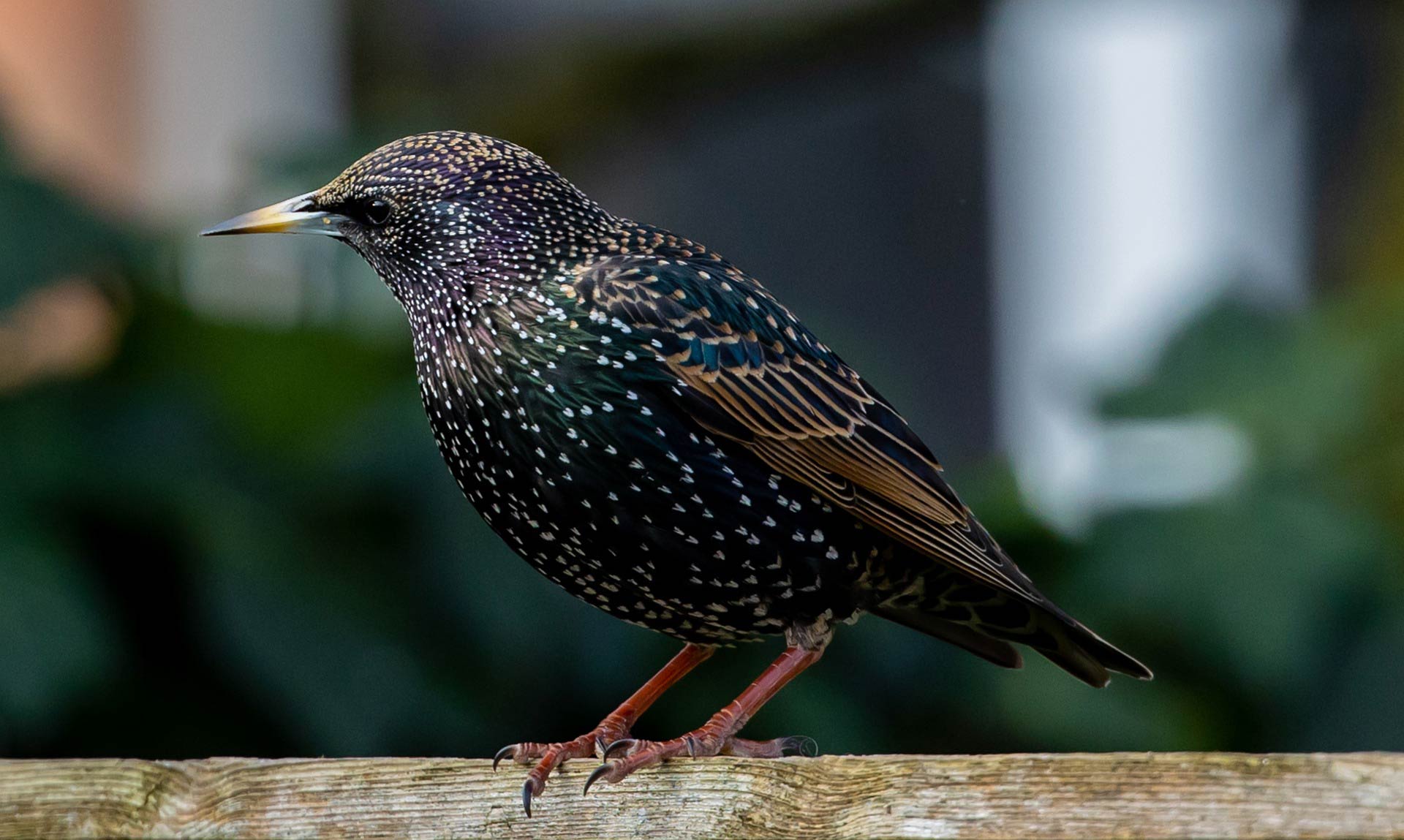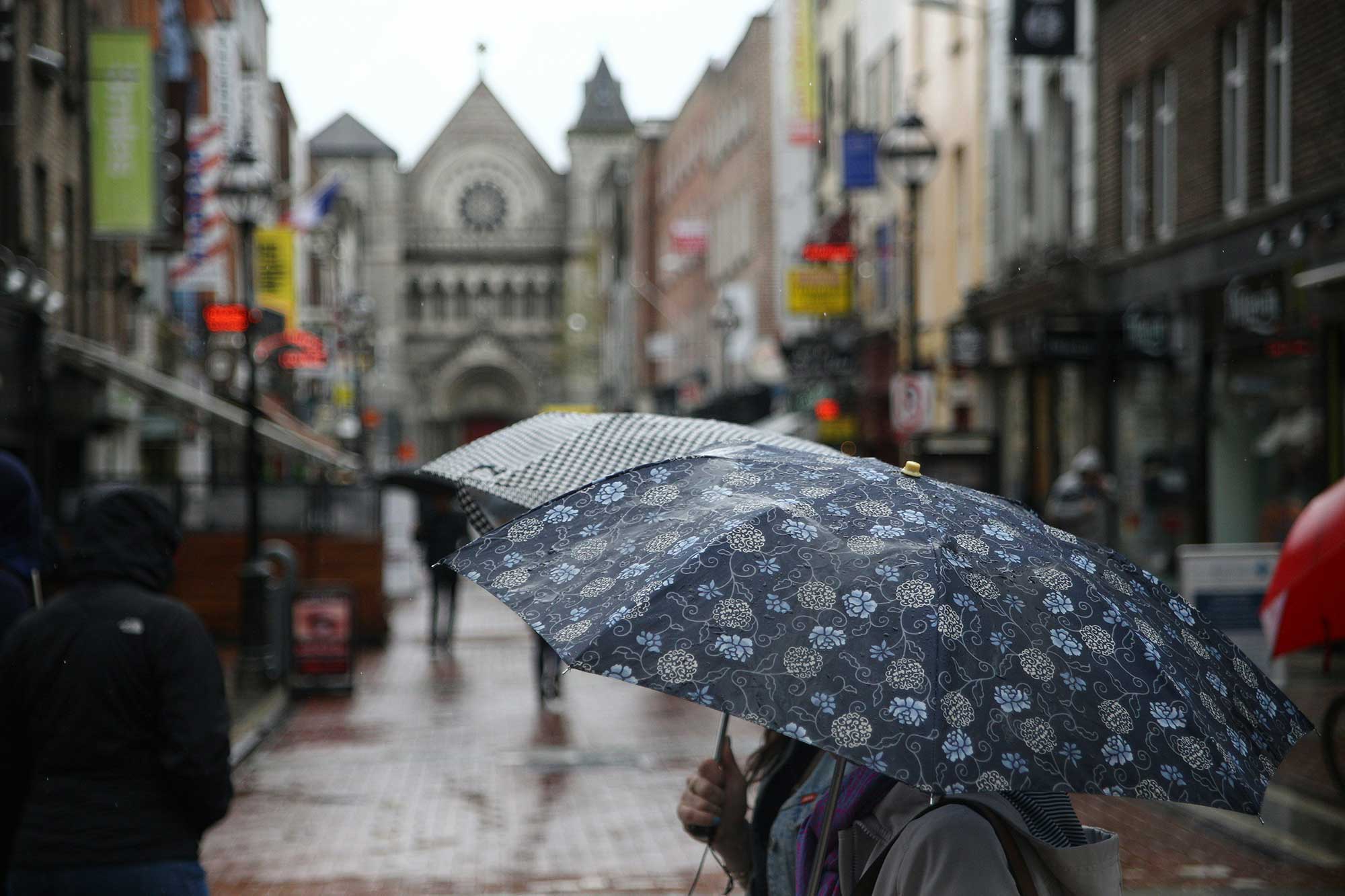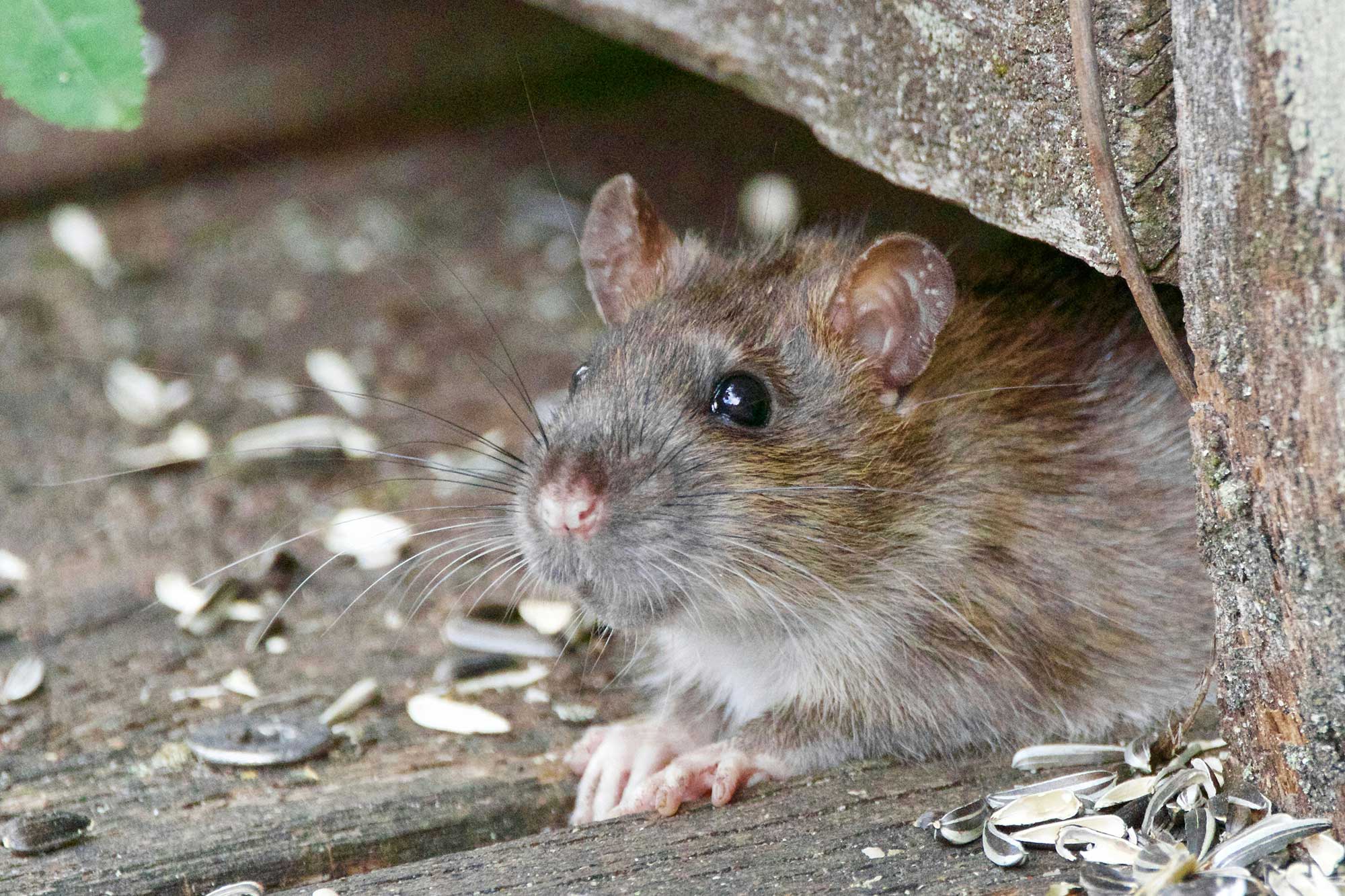At Discreet Pest Control, we take pride in our work, not just in eradicating pests, but also in preserving and protecting the natural environment. While our job often involves tackling pest infestations head-on, we also recognize the importance of safeguarding Ireland’s wildlife, particularly its avian inhabitants. In this blog post, we want to shed light on some of the bird species protected under Irish law and share our approach to managing pest control in a manner that respects these regulations and contributes to conservation efforts.
Recently, we encountered a situation where a customer requested the removal of starlings from their property. However, upon assessing the situation, we already knew that the starlings were in their nesting phase, which meant they were protected under the law. Starlings typically nest for around three weeks, with each nest containing between four to seven chicks. Once the nesting period is over, they migrate, making it essential to avoid disturbing them during this time.
Protecting Ireland’s Bird Species
Our response to this scenario exemplifies our commitment to responsible pest control practices. Rather than proceeding with eradication efforts, we chose to stand our ground and walk away from the job, respecting the protections afforded to these birds. Instead, we devised a plan to protect, monitor, and exclude the starlings from the area once they had left their nests safely. This approach not only ensures compliance with the Department of Agriculture and the Wildlife Act but also promotes the conservation of Ireland’s avian biodiversity.
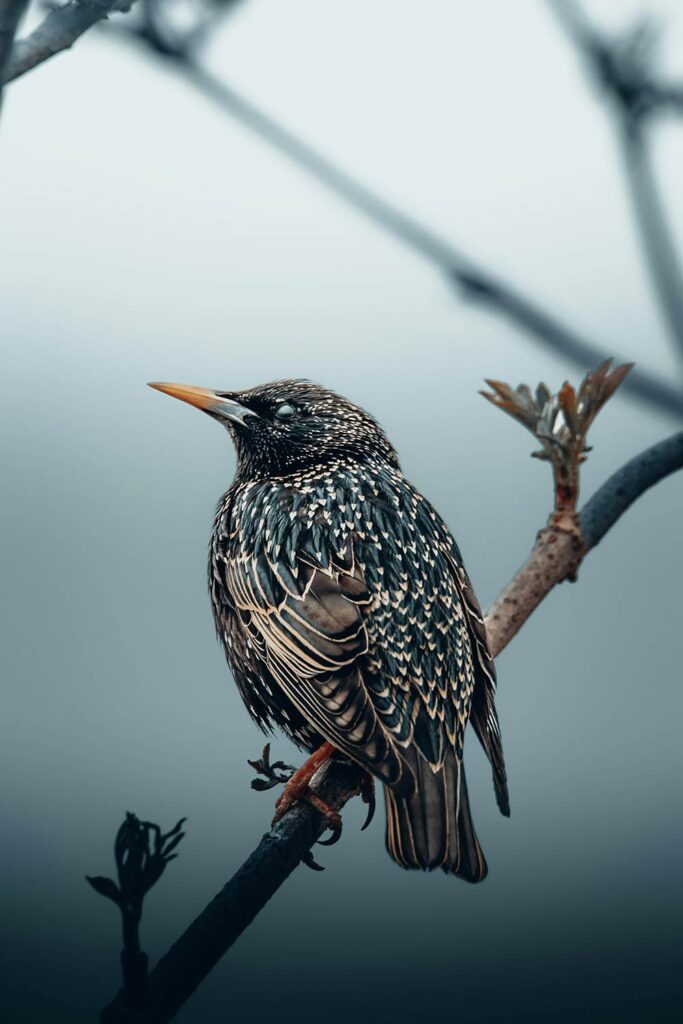
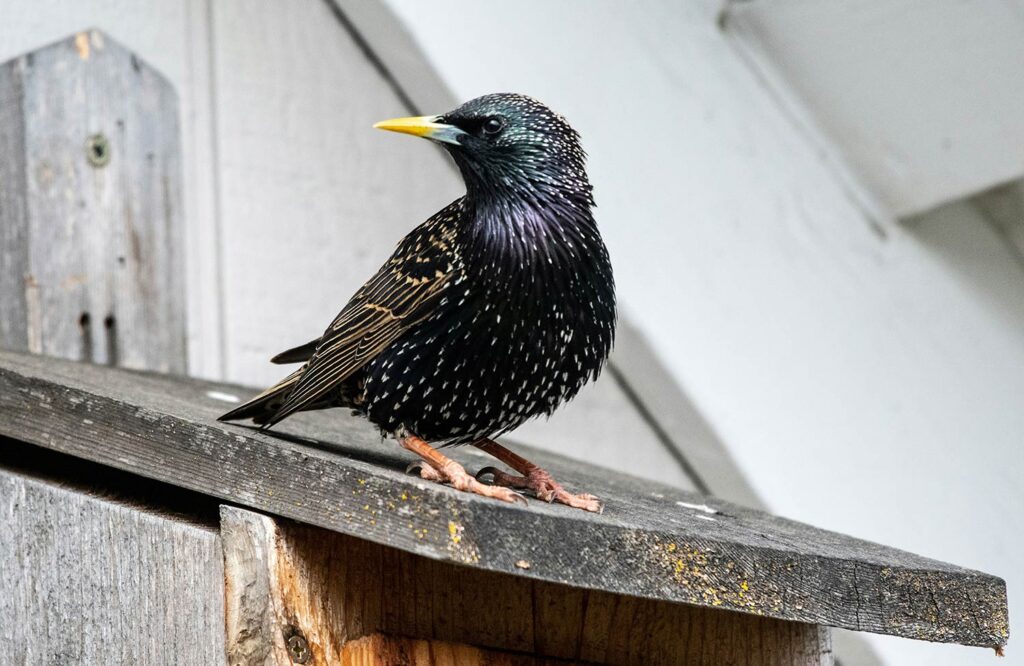
It’s crucial to recognize that our role extends beyond mere pest removal; we are stewards of the environment, working to maintain the delicate balance between human habitation and wildlife preservation. This means taking proactive measures to prevent harm to protected species and their habitats, even when faced with pressure from clients or the temptation of immediate eradication solutions.
Furthermore, we want to emphasize the importance of removing any nests left behind after birds have vacated them. Failure to do so can lead to secondary pest infestations, such as bird fleas and mites, which can pose health risks to humans and animals alike. By promptly removing nests and implementing exclusion measures, we mitigate the potential for future pest problems while safeguarding the welfare of both wildlife and our customers.
Conclusion – Protecting Ireland’s Bird Species
In conclusion, Discreet Pest Control remains steadfast in our commitment to responsible pest management and environmental stewardship. By adhering to regulations, protecting vulnerable bird species, and promoting sustainable practices, we strive to make a positive impact on Ireland’s ecosystems. Together, we can ensure a harmonious coexistence between humans and wildlife, preserving the natural beauty and diversity of our island nation for generations to come.

